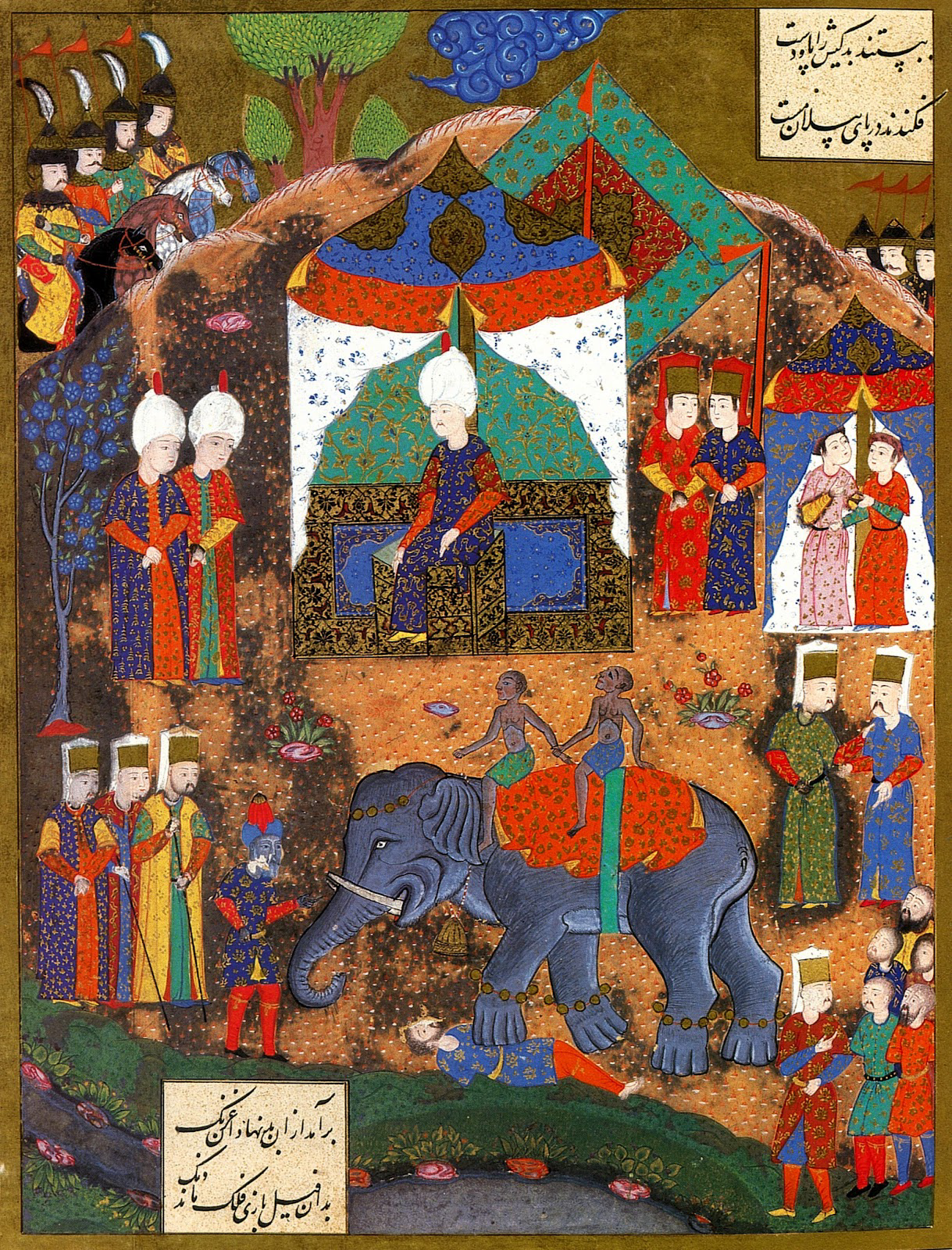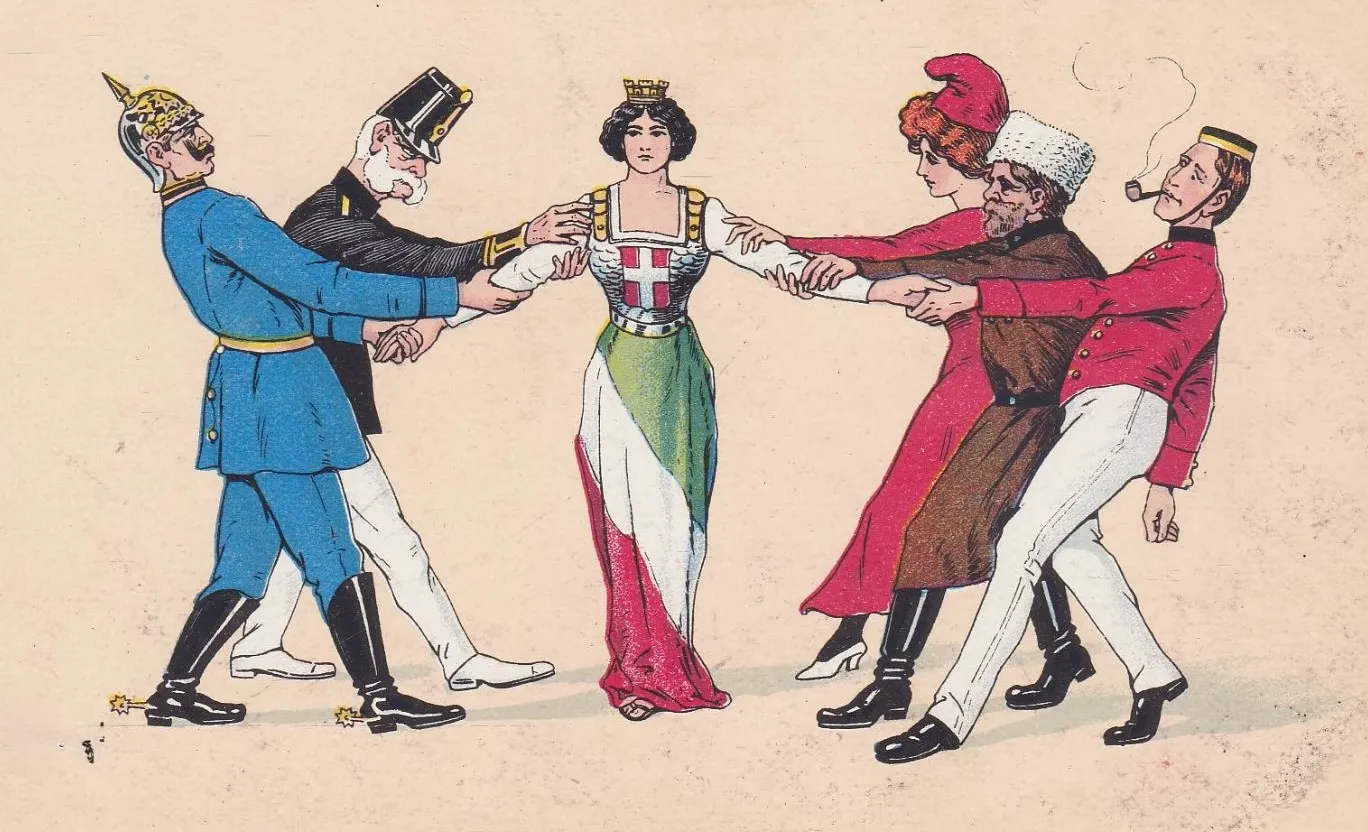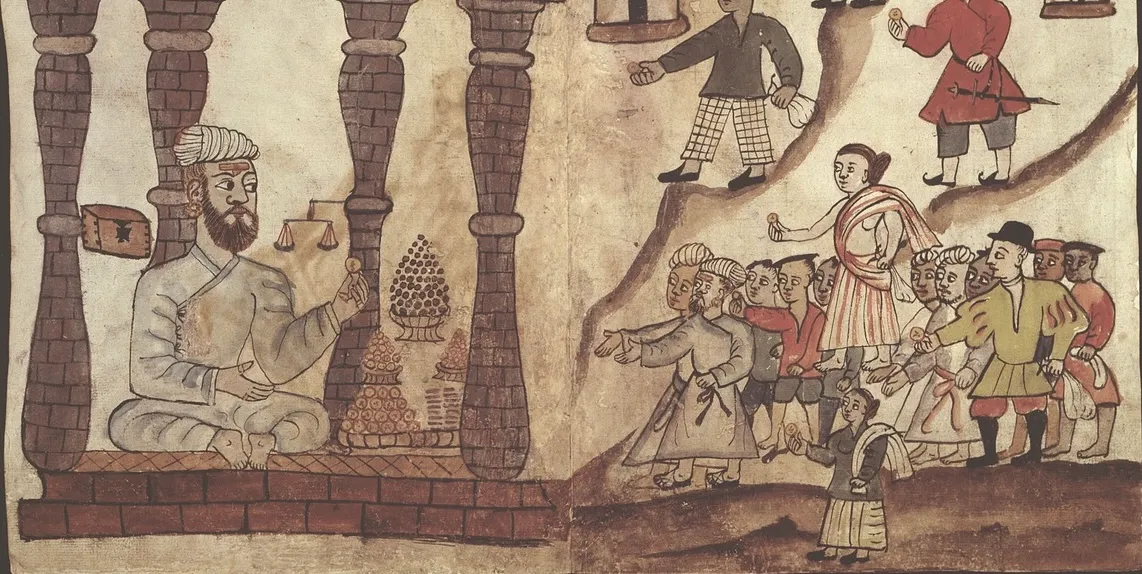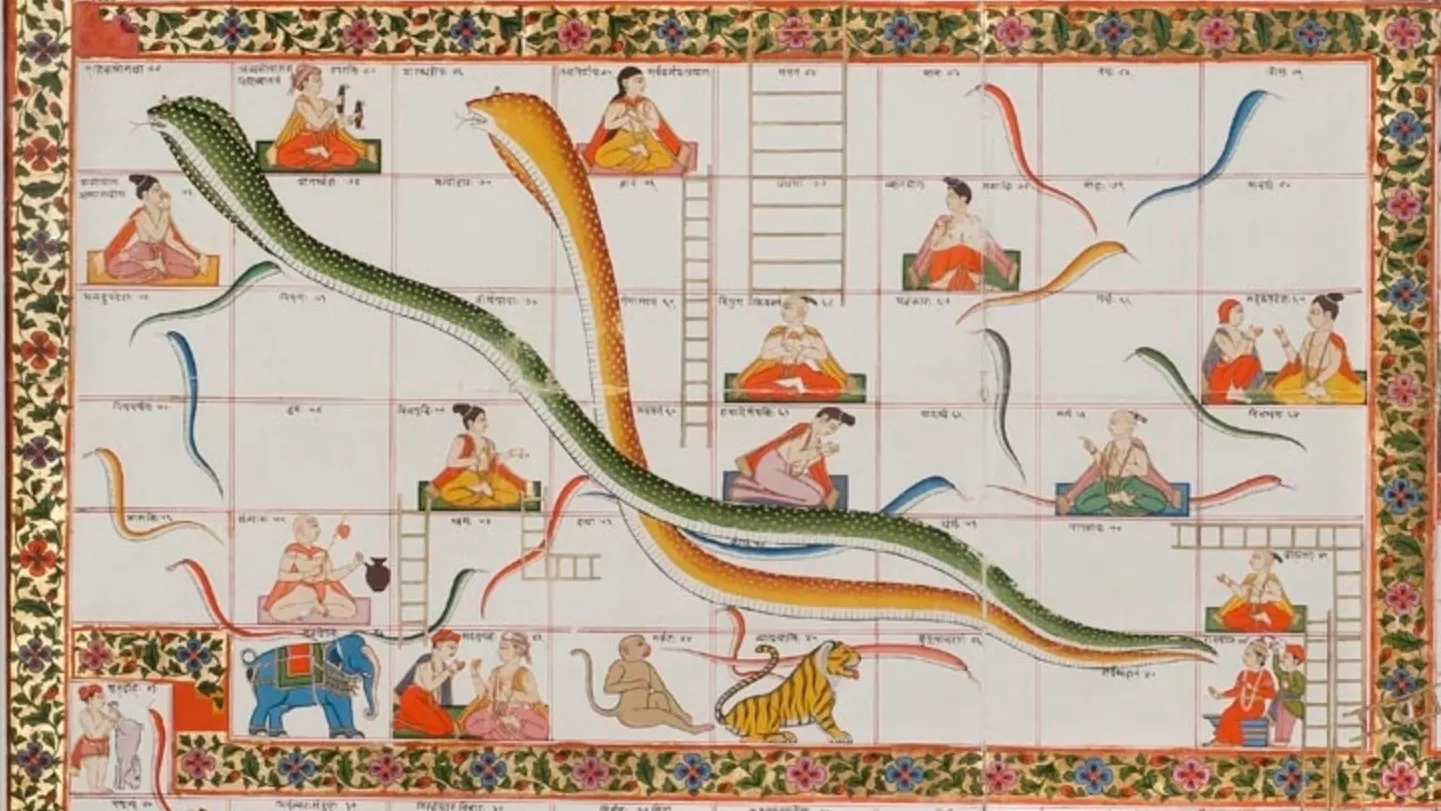An Elephant in Belgrade: The Ottoman Empire as an Afroeurasian Empire in the Sixteenth Century
A discussion of teaching the Ottoman Empire in the sixteenth century as an Afroeurasia empire using an image from the Süleymanname.
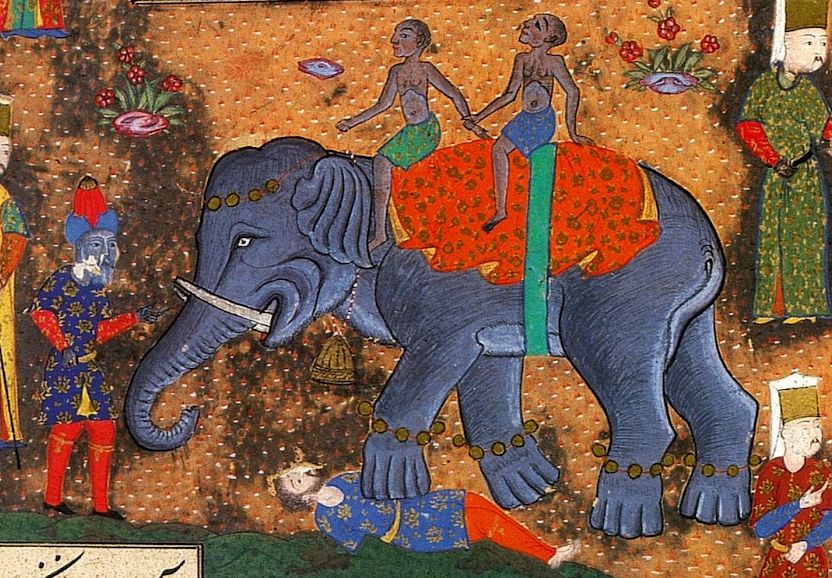
In the last post, I discussed the challenge of finding sources to help students understand the first century of the Ottomans. Teaching sixteenth-century Ottoman history (the age of Süleyman) presents the opposite challenge. There are seemingly unlimited architectural and artistic primary sources to use. World history textbooks always highlight the sixteenth century as the high point of the Ottoman Empire, so how do we identify a single image to capture the influence of the Ottomans at this point in the evolution of the empire?
To draw attention to the “multiethnic, multilingual, multiracial, and multireligious” nature of the Ottoman Empire that I have been emphasizing in these posts, I have chosen an image from the Ottoman capture of Belgrade in 1521 from the Süleymanname - the illustrated history of Süleyman’s life. Many of the illustrations in world history textbooks come from this book. The original version of the manuscript is in the Topkapi Palace Museum. Looking closely at this image allows us to see how the Ottomans were connected to both their past as Turkish nomads and were also an empire that truly spanned Afroeurasia in the sixteenth century.
